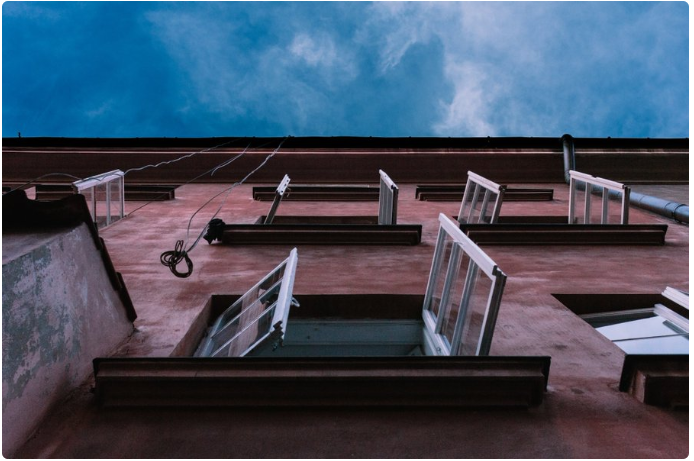Solar panels help French winemaker keep climate change at bay
A roof of solar panels shades Pierre Escudie as he inspects the last plump grapes to be harvested at his vineyard in southwest France, after a year of hard frosts and blistering heat that damaged many of his neighbours' crops. The solar panels insulate the grapes during periods of extreme cold and shield them from the sun's harsh rays during heatwaves.

A roof of solar panels shades Pierre Escudie as he inspects the last plump grapes to be harvested at his vineyard in southwest France, after a year of hard frosts and blistering heat that damaged many of his neighbours' crops.
The solar panels insulate the grapes during periods of extreme cold and shield them from the sun's harsh rays during heatwaves. The panels also rotate to allow more light to hit the vines on more overcast days. Rising global temperatures along with the increasing frequency of heatwaves, droughts and cold snaps are changing the flavour of French wines. Warmer temperatures cause grapes to ripen earlier, resulting in more sugar in the grape.
"We'll need solutions if we want to keep our local grape varieties," Escudie told Reuters at the vineyard near Perpignan where he cultivates Marselan, Grenache Gris and Chardonnay grapes. The rotating solar panel technology might just be the future, he said.
"We'll need to do something because we're moving from a Mediterranean climate to a semi-arid climate. Thirty years ago we thought 32 degrees Celsius was an extreme temperature, when today it's 38 or even 40," he added. Agrivoltaics are a fast developing technology that place solar panels over fields and vineyards to get double use out of the land by producing power during periods of heavy sunlight while still allowing crops to grow.
Several companies in Europe are developing similar solar tech to cover a variety of crops, from wheat fields to fruit orchards. FIGHT FOR SURVIVAL
A lower sugar content was observed in crops protected by the solar panels on Escudie's land due to reduced sun exposure, allowing his vineyard to avoid excessive alcohol during the fermenting process, said Alexandre Cartier, business manager at Lyon-based Sun'Agri, which developed the solar panels. "You can see that the vine has lots of leaves which are very green compared to the vine without any shade," Escudie said.
The panels also help insulate the ground beneath by around two degrees Celsius, protecting crops and vines from the kind of late frost that ravaged wine production throughout France in the spring. A frost in late April this year was expected to reduce wine production in France by nearly a third compared to recent years.
In a mutually beneficial arrangement, an independent power company uses Escudie's land to install solar panels to produce power which is fed into the grid and generates enough energy to power about 650 homes in the area, Sun'Agri says. Escudie in turn benefits from the crop protection from having the panels on his land. Priority in the setup is given to crop quality over power production, meaning some 15 to 20% of potential energy supply is lost over the course of a year, Cartier said.
Sun'Agri's technology processes weather data and determines when to shade the crops and when to rotate the panels and give the crops sunlight. The company aims to have its technology in use on around 40 small agriculture sites of between two and four hectares in the south of France, the Rhone valley and around the Mediterranean over 2022 and 2023.
"When you are in areas affected by climate change, the farmers are looking to survive," Sun'Agri's Cartier said.
(This story has not been edited by Devdiscourse staff and is auto-generated from a syndicated feed.)
- READ MORE ON:
- Cartier
- France
- Europe
- French
- Mediterranean
ALSO READ
France's Macron dismisses Russian remarks suggesting Kyiv and Paris had a role in Moscow attack
France denies Russian claims of possible dialogue on Ukraine
Serbia to boost defence industry cooperation with France, President Vucic says
France denies showing readiness for Ukraine dialogue in Russia talks
Descendants of enslaved, enslavers 'break silence' around France's past










